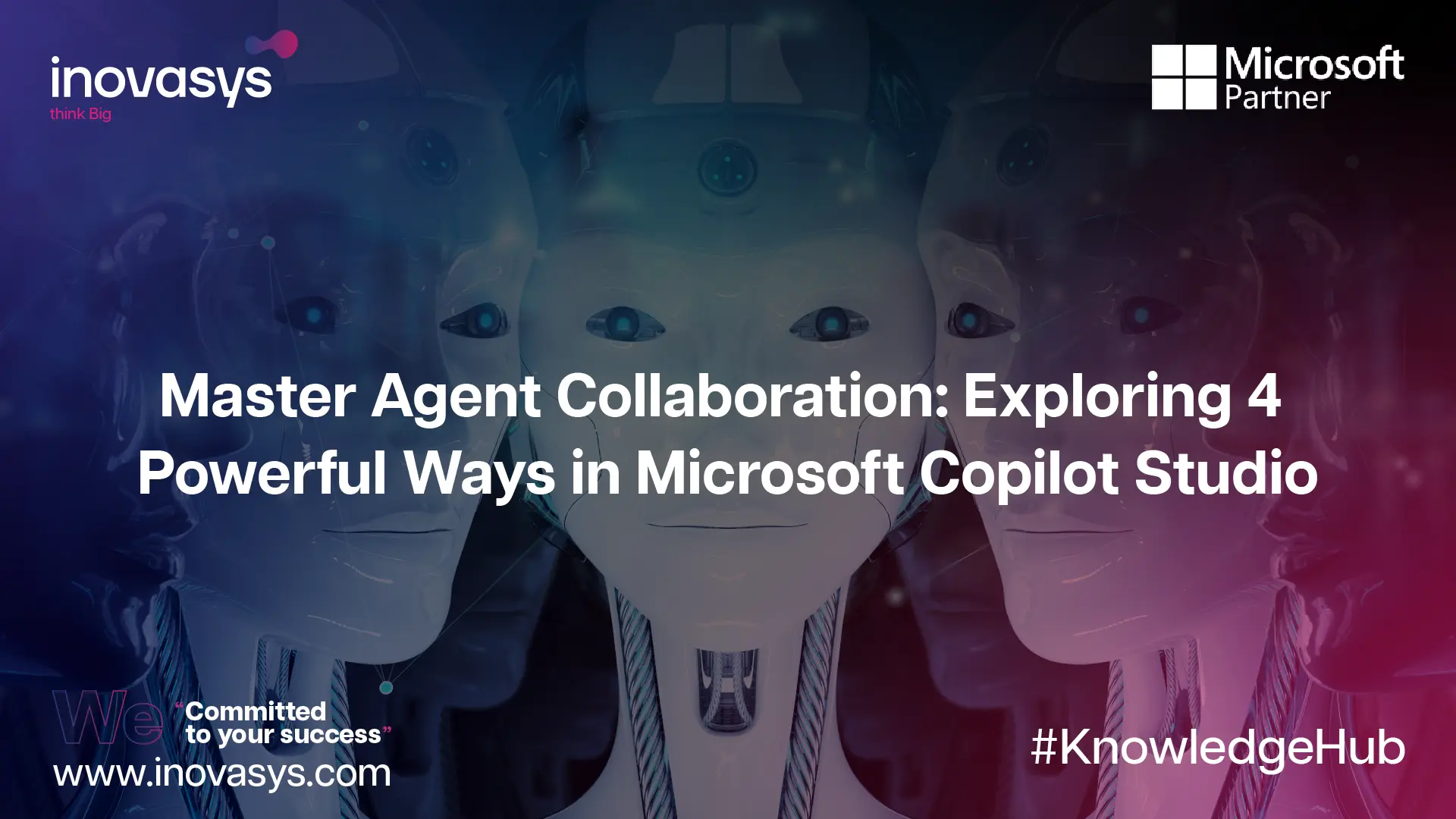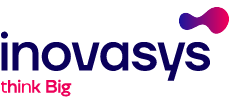Inovasys, founded in 2014, has been a leader in providing advanced technology solutions. By 2020, it became known as a service provider. The company aims to be the best partner for businesses looking to improve their operations with digital technology.
Articles & Papers

Master AI Agent Collaboration: Exploring 4 Powerful Ways in Microsoft Copilot Studio
For decades, Enterprise Resource Planning (ERP) systems have been at the core of business operations. These comprehensive software suites promised to integrate all departments—finance, HR, supply chain, and more—into one unified system. But today, many experts are declaring the era of traditional ERP over. What happened, and where do businesses go from here?
In this article, we’ll explore the top 7 reasons why legacy ERP systems are becoming obsolete and how the future of enterprise software is reshaping digital transformation.
1. Rigid Architecture Limits Growth
Traditional ERP systems are built as monolithic platforms, making them difficult to customize. Businesses often have to change their operations just to fit the software. This rigidity stifles innovation and prevents companies from evolving quickly.
• Lack of customization options.
• Long upgrade cycles.
• Limited support for unique workflows.
Modern businesses need agile systems that can evolve with them—not the other way around.
2. High Costs Are No Longer Justifiable
Legacy ERP systems come with huge expenses:
• Expensive licensing fees.
• Infrastructure costs for on-premise hosting.
• Continuous maintenance and support charges.
For many companies, especially mid-sized and growing businesses, these costs are no longer sustainable. Cloud-based ERP alternatives offer far more value for a fraction of the price.
3. Innovation Is Too Slow
The traditional ERP development cycle is notoriously slow. Updates and improvements can take years to roll out. Meanwhile, competitors leveraging modern tools are:
• Adopting AI and automation faster.
• Launching new features frequently.
• Reacting to market demands in real-time.
Being stuck on outdated technology holds businesses back in a rapidly changing digital world.
4. Inflexibility in a Fast-Paced Market
In today's business environment, adaptability is crucial. Traditional ERP software wasn’t designed for agility:
• Integrations are cumbersome.
• Customizations are limited.
• Deployment timelines are long.
This lack of flexibility makes it nearly impossible for companies to pivot quickly in response to market shifts or internal strategy changes.
5. Cloud-Based ERP Is a Game-Changer
The rise of cloud ERP solutions like NetSuite, Workday, and Microsoft Dynamics has exposed the weaknesses of legacy systems. Cloud ERP provides:
• Scalable infrastructure.
• Real-time data access from anywhere.
• Lower upfront and operating costs.
Businesses no longer need bulky servers and complex installations. Cloud-based ERP makes enterprise-grade software accessible and efficient.
6. Modular Solutions Offer More Value
Instead of a one-size-fits-all platform, companies now use best-of-breed tools for specific business functions:
• Salesforce for CRM.
• Workday for HR.
• QuickBooks or NetSuite for finance.
These tools are integrated via APIs and middleware, providing more flexibility and innovation. Modular ERP architecture allows businesses to build the system they need—not just tolerate the one they have.
7. AI and Automation Are Redefining ERP
Modern ERP systems must be intelligent. Traditional platforms were never built with AI or automation in mind, but today’s enterprise demands:
• Predictive analytics.
• Real-time reporting.
• Automated workflows and alerts.
AI-powered ERP tools are revolutionizing how decisions are made and tasks are executed. This level of intelligence is essential for any business aiming to stay competitive.
What’s the Future of ERP?
While traditional ERP is fading, the need for connected business systems is not. The next generation of ERP is:
• Decentralized – built with modular, specialized apps.
• AI-Driven – real-time forecasting and insights.
• User-Centric – intuitive design and personalized dashboards.
• Ecosystem-Based – seamlessly connected with external platforms and partners
These systems reflect the new standard in enterprise software—smarter, faster, and fully aligned with business goals.
Strategic Takeaway
The traditional ERP model is outdated, costly, and too rigid for the modern enterprise. By embracing cloud-based, modular, and AI-powered systems, businesses can unlock greater agility, performance, and innovation.
The future of ERP is not just software—it’s a strategy for transformation. Let’s Talk Future-Ready.
Curious about what cloud-based, modular, and AI-powered systems can do for your company?
Reach out to our team and discover how we can help you stay ahead of the curve.

